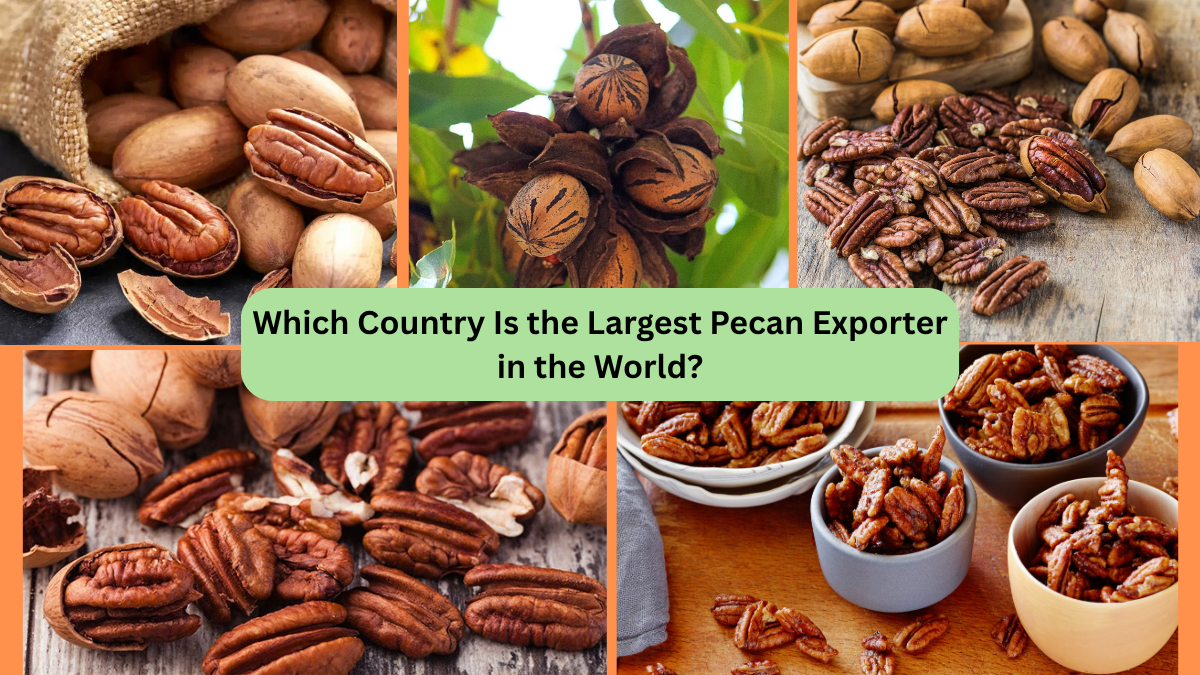Pecans, known for their rich, buttery flavor and crisp texture, are a beloved nut native to North America. From pecan pies at Thanksgiving tables to roasted pecan snacks and nutritious health foods, these nuts have earned their place as a staple in both gourmet and everyday kitchens around the globe.
But when it comes to exporting pecans, one country firmly leads the global market. So, which country is the largest pecan exporter in the world? The answer is clear: the United States. In this article, we’ll explore the global pecan trade, the factors behind America’s leadership, other major exporting nations, market trends, and the future of the international pecan industry.
Global Pecan Market Overview
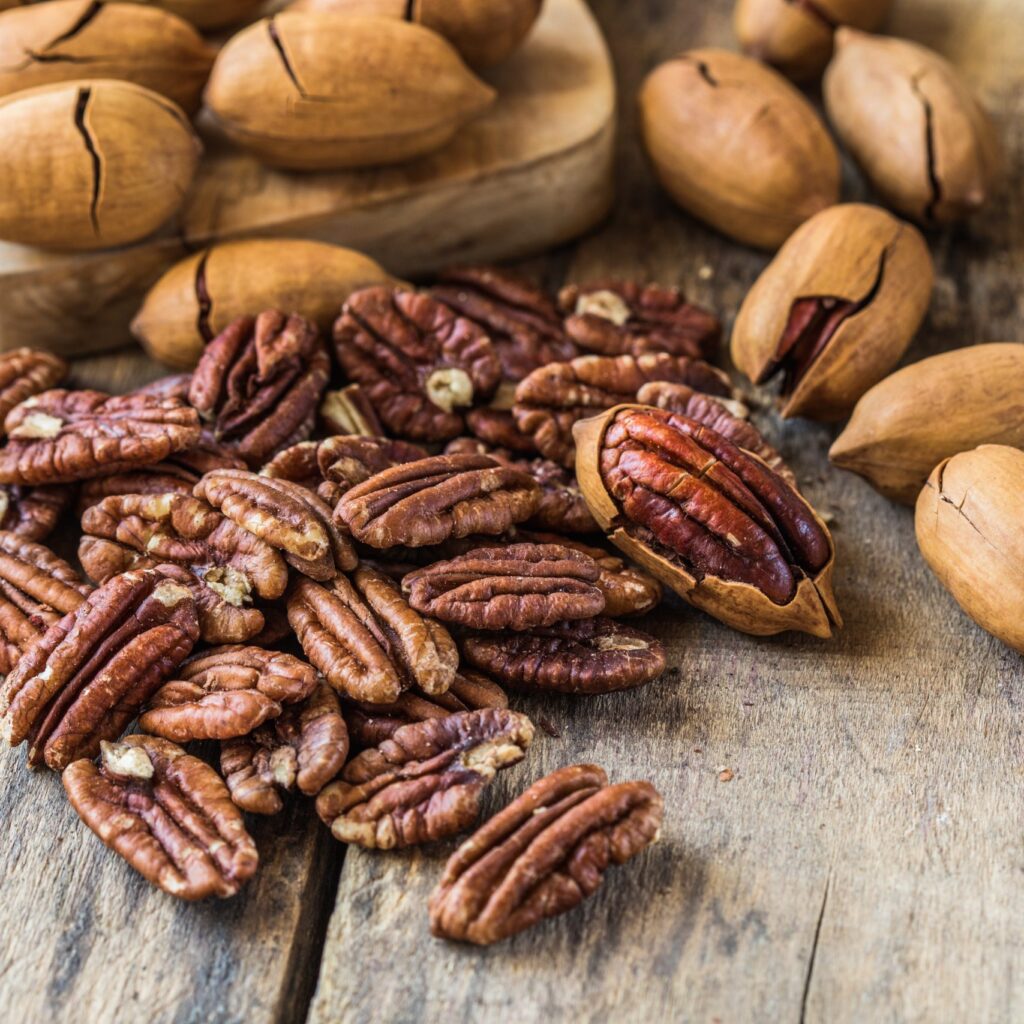
Though grown in several countries, pecans are predominantly cultivated in North America, where they originated. The tree nut industry worldwide is seeing steady growth, and pecans are increasingly popular in international markets due to their rich nutritional profile and culinary versatility.
Pecans are exported in two major forms:
- In-shell pecans: Popular in markets like China for seasonal festivals and gift-giving.
- Shelled pecans: Used globally in baking, cooking, confectionery, and health food products.
The United States: The World’s Largest Pecan Exporter
The United States, particularly the southern states like Georgia, Texas, New Mexico, and Arizona, is by far the largest producer and exporter of pecans globally. According to data from the United States Department of Agriculture (USDA) and the International Nut and Dried Fruit Council (INC):
- The U.S. accounts for over 60–65% of global pecan exports.
- In 2023, U.S. pecan exports were valued at approximately $530–570 million.
- The country produces around 300–350 million pounds of pecans annually, with a significant portion destined for international markets.
Major Export Destinations for U.S. Pecans
The United States exports pecans to over 40 countries, with top markets including:
- China
- Mexico
- Canada
- The European Union (Germany, Netherlands, UK)
- United Arab Emirates
China has emerged as the largest single export market for U.S. in-shell pecans, especially during the Chinese New Year season when nuts are traditional gifts.
Why the U.S. Leads the Global Pecan Market
Several key factors contribute to the United States’ dominance in pecan exports:
- Ideal Growing Conditions: The southeastern and southwestern U.S. offer the perfect climate for pecan trees, with long, hot summers and cool winters.
- Advanced Agricultural Techniques: American pecan growers employ modern orchard management practices, mechanized harvesting, and precision irrigation systems.
- Established Processing Infrastructure: The U.S. boasts state-of-the-art shelling, sorting, and packaging facilities ensuring top-quality export-grade pecans.
- Strong Trade Relationships: Decades of strategic marketing by the National Pecan Federation and American Pecan Council have built robust export channels worldwide.
Mexico: A Fast-Growing Pecan Exporter
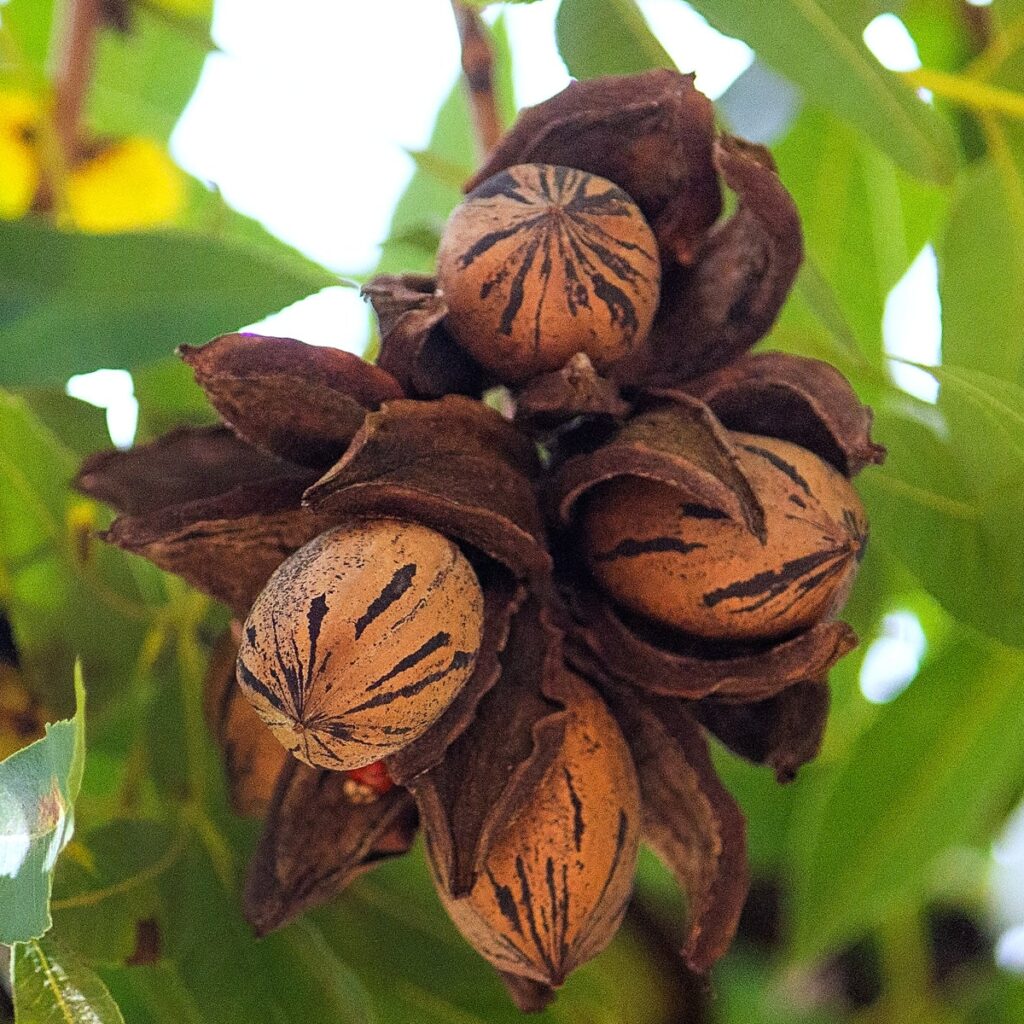
Mexico is the second-largest exporter of pecans globally. With favorable growing conditions in states like Chihuahua, Coahuila, and Sonora, Mexico has significantly expanded its production and exports over the past decade.
- In 2023, Mexico exported approximately $200–250 million worth of pecans.
- Primary export destinations include the United States, China, Canada, and Europe.
Mexico benefits from:
- Lower labor and production costs compared to the U.S.
- Proximity to major markets in North America.
- Increasing investment in modern orchard management and processing facilities.
South Africa: An Emerging Player in Global Pecan Exports
South Africa has rapidly become a notable pecan exporter, particularly to China and Europe.
- In 2023, South African pecan exports reached approximately $70–90 million.
- Its counter-seasonal harvest, which occurs between March and May, gives it a strategic advantage in supplying fresh pecans when Northern Hemisphere stocks decline.
South Africa’s pecan industry is expanding rapidly, with increasing investment in commercial orchards and export infrastructure.
Other Pecan Exporting Countries
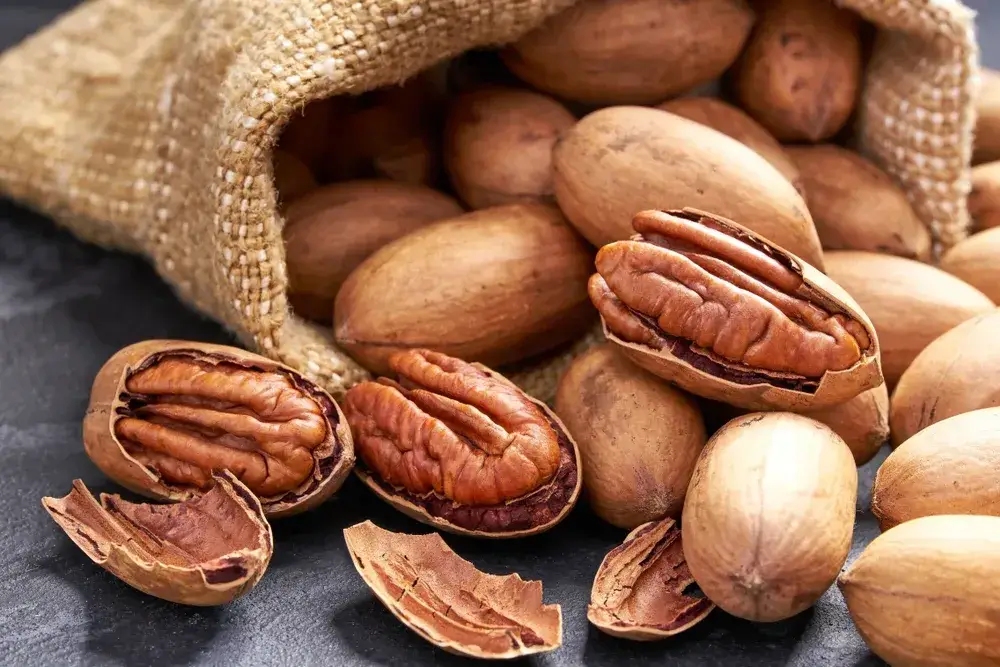
While the U.S., Mexico, and South Africa lead global pecan exports, other nations make meaningful contributions:
- Australia: Small-scale exports to Asia and the Middle East.
- Argentina: A growing producer targeting the domestic and regional markets.
- Brazil and Peru: Emerging industries still in their early stages.
Global Pecan Export Trends
The international pecan trade is evolving, driven by consumer preferences, health trends, and culinary innovations. Key trends include:
Rising Demand for Healthy Snacks
Pecans are rich in monounsaturated fats, fiber, antioxidants, vitamin E, and plant-based protein. Their heart-healthy benefits and use in low-carb, keto, and plant-based diets have boosted global consumption.
Growth in Plant-Based Foods
Pecans are increasingly featured in plant-based recipes, dairy alternatives, nut butters, and vegan desserts, especially in North America, Europe, and Asia.
China’s Pecan Boom
China’s growing appetite for tree nuts, especially during festive seasons, has made it a vital market for in-shell pecans. Demand typically spikes in the months leading up to the Lunar New Year.
Sustainability and Traceability
Eco-conscious consumers and international food safety standards have encouraged exporters to adopt sustainable farming practices and supply chain transparency.
Premium and Value-Added Products
Flavored pecans, glazed nuts, organic varieties, and snack mixes are increasingly popular in premium retail and e-commerce channels.
Challenges Facing Pecan Exporters
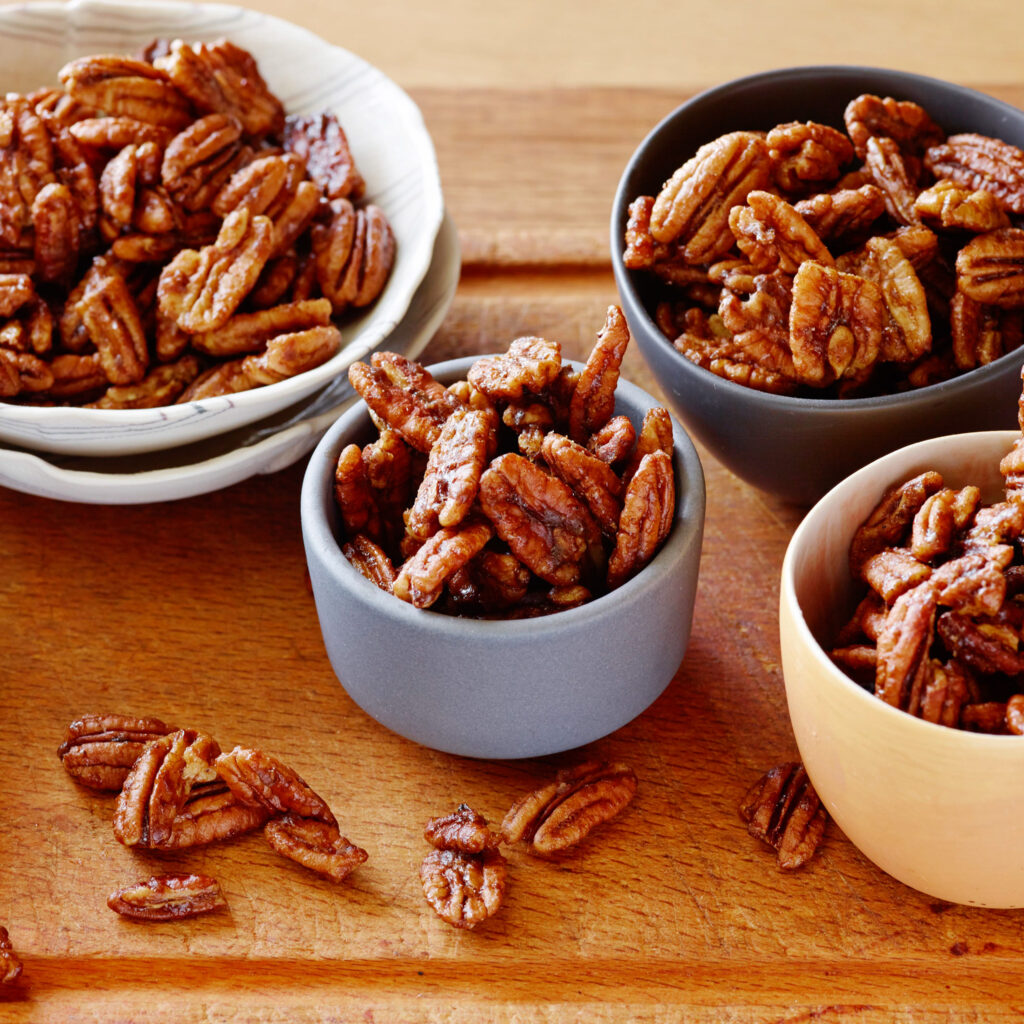
Despite strong global demand, the pecan export industry faces several challenges:
- Climate Risks: Hurricanes, droughts, and frosts in pecan-growing regions can severely impact harvests.
- Trade Tariffs: U.S.-China trade tensions in recent years introduced tariffs on American pecans, temporarily affecting export volumes.
- Shipping and Logistics Issues: Global supply chain disruptions have caused delays and increased shipping costs for exporters.
- Market Competition: As Mexico and South Africa scale up production, competition in key markets like China and Europe is intensifying.
Global Pecan Export Rankings (2023)
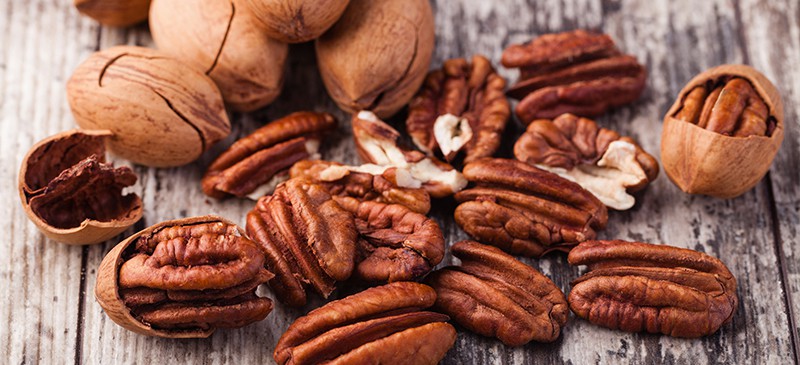
| Rank | Country | Export Value (2023) | Global Market Share |
|---|---|---|---|
| 1 | United States | $530–570 million | 60–65% |
| 2 | Mexico | $200–250 million | 20–25% |
| 3 | South Africa | $70–90 million | 8–10% |
| 4 | Australia | $10–20 million | 1–2% |
| 5 | Others (Argentina, Brazil, Peru) | Minor | <1% |
Conclusion: The Global Pecan Export Leader
In conclusion, when asked “Which country is the largest pecan exporter in the world?” — the answer is unmistakably the United States. Backed by vast, modern orchards, ideal growing conditions, sophisticated processing facilities, and well-established trade networks, the U.S. accounts for over 60% of global pecan exports.
Mexico and South Africa are rising competitors, with their growing industries feeding increasing demand in China, Europe, and the Middle East. As global consumers embrace healthier diets, plant-based foods, and gourmet nut products, the outlook for pecan exports remains bright — with the United States expected to hold its leadership for years to come.
